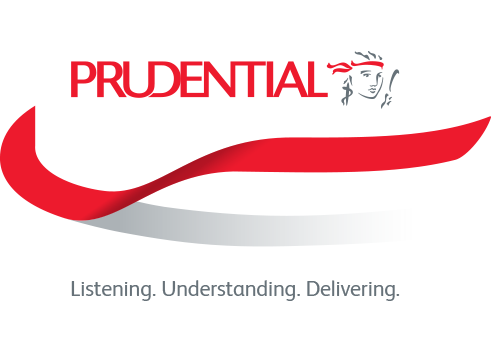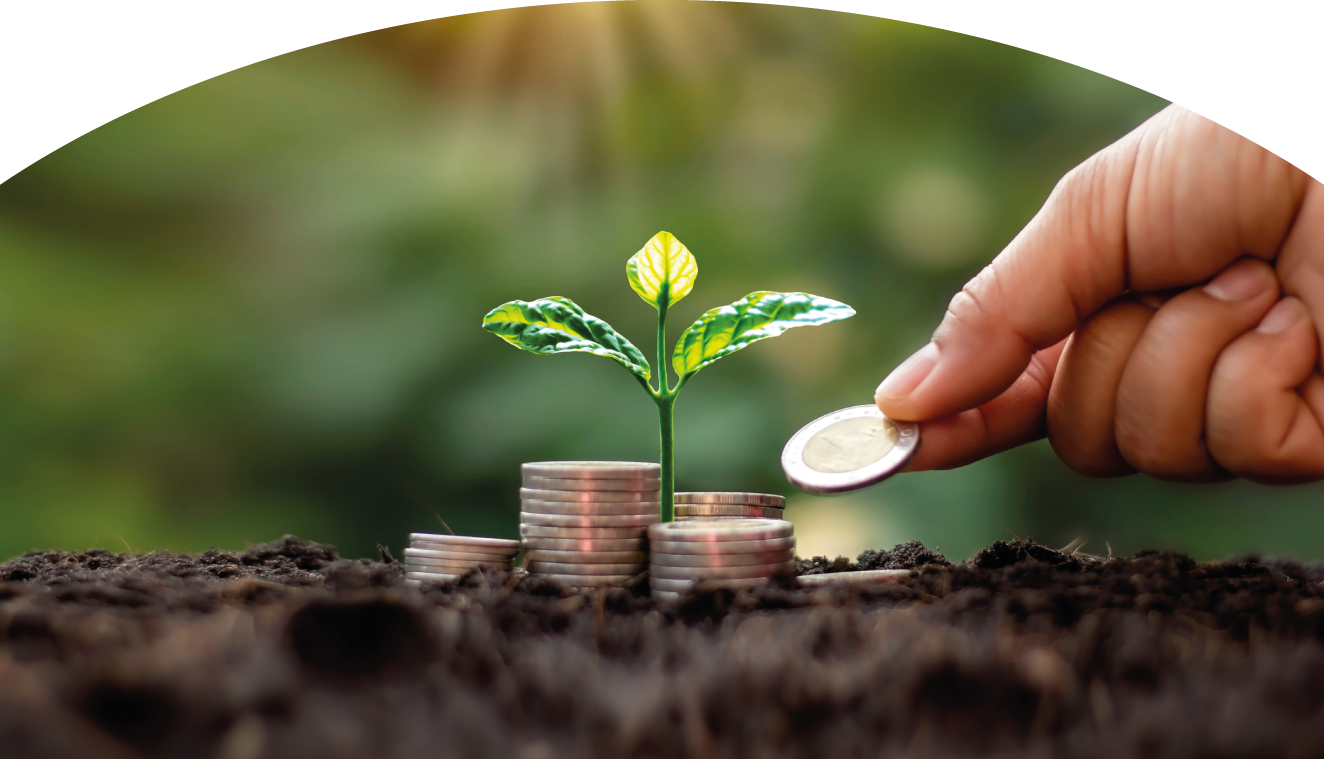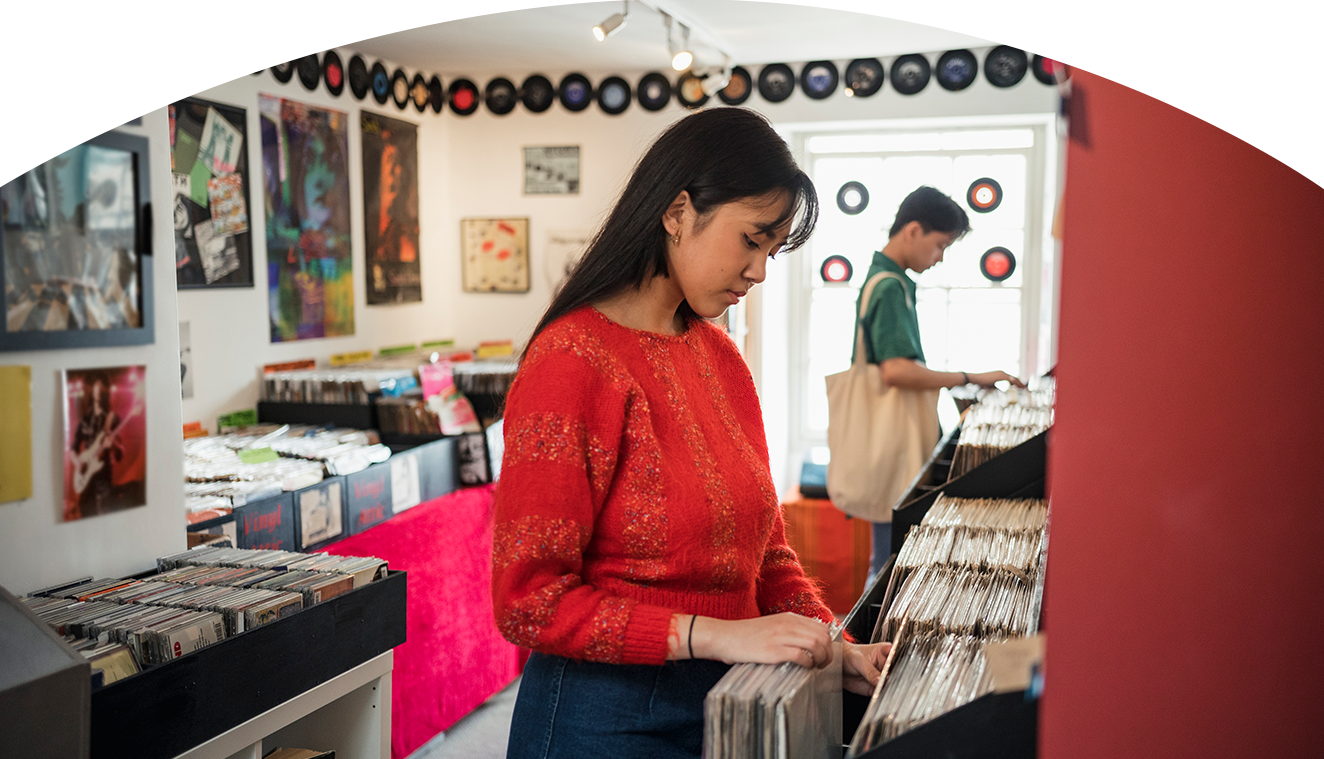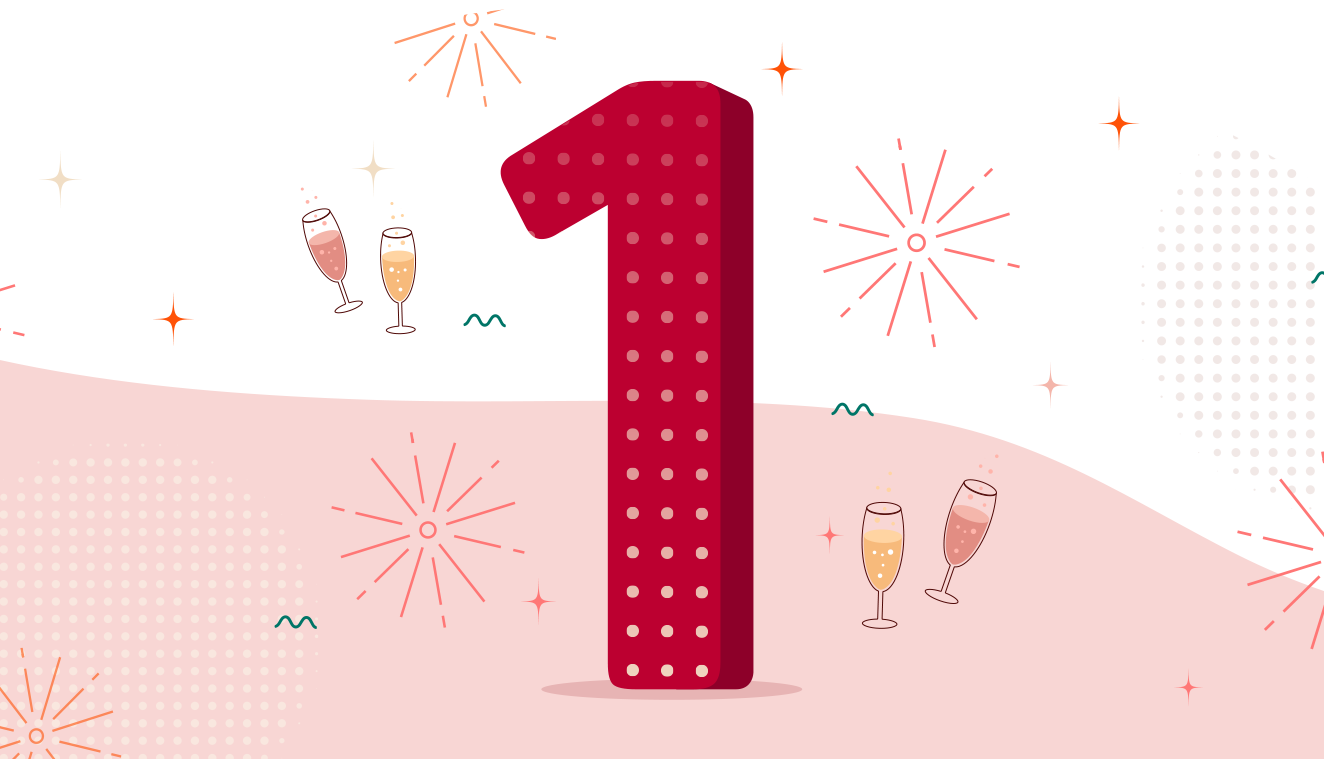Think it’s impossible to go vegan? It’s actually not that difficult.
For the uninitiated, veganism simply means you eat a plant-based diet such as beans, rice, pasta, fruits, and vegetables, and you do not take any animal products1 — such as eggs or dairy.
With the media putting veganism in a positive light and even celebrities2 talking about its health (and ethical) benefits, it comes as no surprise that veganism has gradually gained ground.
In time, we will have to start turning to alternative meats in order to cope with the increased world population and a limited meat supply.
In fact, according to the World Economic Forum, in 20 years, only 40% of meat consumed globally will come from conventional sources3 — the rest of our meat will be replacement meats, i.e. meat made from plants, insects, or cultured from cells. It’s no wonder interest in veganism is increasing.
Veganism in Singapore
Did you know that Singapore has been named the second most vegan-friendly city in Asia by PETA4? Over one in 20 people surveyed in a recent study are either on a vegetarian or vegan diet, with those aged between 35 to 44 most likely (28%) to eat this way5.
And of course, the most compelling reason to choose a plant-based diet is health. If you are looking for ways to incorporate healthier lifestyle habits too, perhaps you can consider a vegan diet.
Benefits of going vegan
A plant-based diet brings numerous health benefits, such as reducing the risk of chronic diseases and aiding in weight loss6.
In Singapore, cardiovascular disease accounted for 29.3% of all deaths in 20197 — that’s almost one out of every three deaths related to heart diseases or stroke. Animal products often contain high levels of saturated fat8, which raises cholesterol levels — cutting them out could protect your heart.
Moreover, reducing your red meat intake can improve energy levels as you now consume less fat. Say goodbye to feeling sluggish after every meal!
Grains, fruits and vegetables are good sources of fibre, and with fewer calories, they help you stay as full after a meal.
Further, by switching to a vegan diet, you’ll be helping the environment. An Oxford study found that eliminating meat and dairy products from your diet could reduce your carbon footprint from food by up to 73%9.
Must veganism be costly?
Despite these benefits, people tend to perceive veganism as part of a ‘high SES’ lifestyle of luxurious avocado salad bowls, oat milk lattes and expensive meat-alternatives. And these beliefs aren’t exactly unfounded — some of these ingredients are indeed pricier.
Take some popular plant-based meat brands10 for example: Impossible Foods sells its vegan beef at $16.90 for 340g, while fresh minced beef retails at $13.60 for 500g. Same goes for non-dairy milk products — Oatly oat milk costs $6.85 for 1L, but with that amount you could buy 2L of Meiji Milk and still have money leftover.
What can those of us who want to go vegan but aren’t willing to spend the extra money do? Good news — if you cook at home, you can still adopt a plant-based diet that's within your budget.
Affordable and nutritional veganism
As a whole, a vegan diet consists primarily of grains, fruits and vegetables —
all of which can be obtained affordably at the wet markets or local grocery stores. Since vegetables are also generally priced lower than meat products11, a meatless diet could help you achieve more savings instead.
Of course, the toughest part about going vegan (or any diet, really), is balancing your meals so you ensure you are meeting your daily nutritional requirements (energy, fibre, protein, vitamins, etc.)12 to ensure you stay healthy.
Particularly, vegans need to take extra care to consume enough iron, calcium and vitamin B1213 — all commonly found in animal products.
But nature has its alternatives. Pulses (beans, lentils and peas), nuts and dark-green vegetables (watercress, broccoli) are good sources of iron, while leafy green vegetables and wholemeal bread can provide the calcium you need.
Only Vitamin B12 is found naturally in foods from animal sources, but with today’s technology, there already exist plenty of vegan foods such as cereals and soya products that have been fortified with vitamin B12 for you to choose from. You have no more cause to worry about not meeting your daily nutritional needs.
To try or not to try?
Veganism could be a diet for you to try if you’re conscious about your
health. And if you’re prepared to do the research to make sure you still consume a balanced diet, it’s definitely possible to go vegan without blowing your budget!











